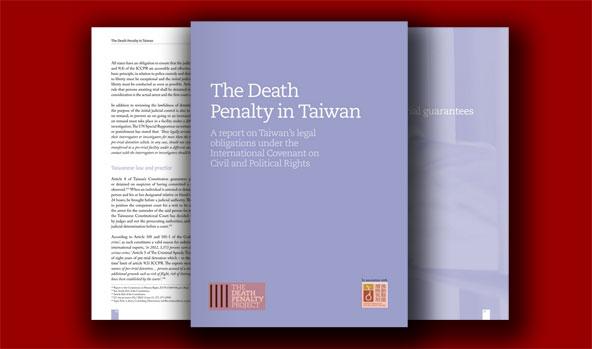
New study shows Taiwan death penalty violates human rights standards
In association with the Taiwan Alliance to End the Death Penalty, the Death Penalty Project launched a report on the death penalty in Taiwan on 5 June 2014.
The event, held at the National Taiwan University, was attended by representatives from the British Trade and Cultural Office, lawyers, members of the diplomatic community, academics and NGOs.
The report, co-authored by Professor Wen-Chen Chang from the National Taiwan University and Professor David Johnson from the University of Hawaii, highlights specific aspects of Taiwan’s domestic legal order that does not meet the minimum standards under the International Covenant on Civil and Political Rights (ICCPR).
Taiwan passed legislation to incorporate the ICCPR into the domestic legal order in 2009, yet the current death penalty practice is largely out of line with the contemporary understanding of the ICCPR as it relates to the death penalty.
This publication is timely, given the recent executions of five prisoners on 29 April 2014, bringing the total number of executions in Taiwan since 2010 to 26, after a four-year period – 2006 to 2009 – when there was a de facto moratorium.
Saul Lehrfreund, co-executive director of The Death Penalty Project, said: “Taiwan’s current policy on capital punishment is clearly going against the worldwide trend to restrict the use of the death penalty, and to reduce the number of executions, pending total abolition. This report demonstrates an urgent need for Taiwan to stop executions and for the government and judiciary to reform their criminal and constitutional laws that regulate the use of the death penalty to enable Taiwan to fulfil its legal obligations under their domestic legal order and the ICCPR standards.”
Categories
Taiwan






